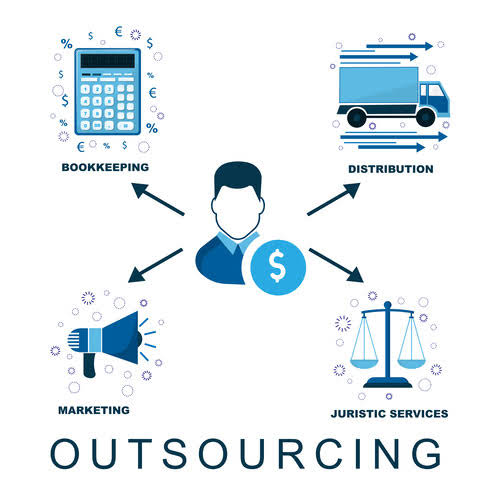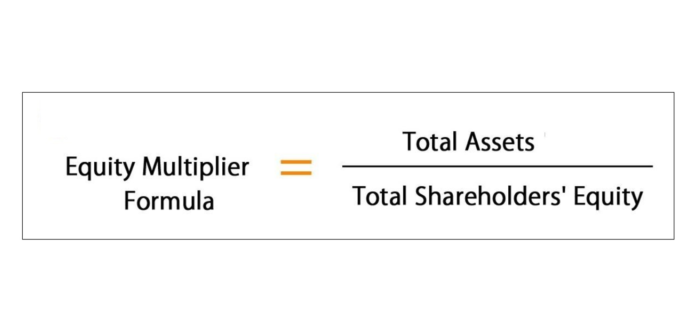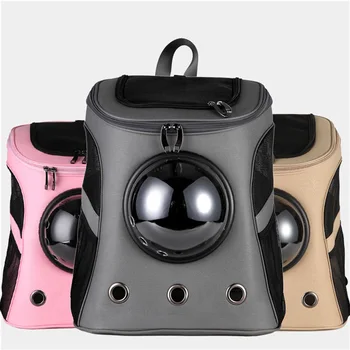Winery Accounting 101: How To Properly Value Your Inventory For Long-Term Business Success

That way, you can price your products correctly and avoid having a loss for your business. Based on your winery’s unique requirements, we will customize an accounting solution specifically for you. Privately-held business owners face financial and personal challenges when contemplating how to best preserve precious assets for future management and generations. Cash is key to grow and expand your business as the industry evolves, especially as businesses look to grow their e-commerce, retail sales, and direct-to-consumer presence. Knowing your cash flow can help you proactively plan for the next phase of your business and free you from worries that you won’t have the resources to execute your vision. To keep your business moving forward, you need proactive strategies across your operations—from tax planning to sales and distribution, business transition, and acquisition and exit planning.
- Partnering with a specialized accounting service like Protea Financial can help mitigate these risks.
- Their outstanding team works fast and has the soft skills needed in this business, and their efficiency and attention to detail mean I can relax and do what I love.
- They also illustrate examples of the types of frauds in the industry that can be prevented by strong internal controls.
- Wineries are unique operations, and their accounting and bookkeeping must be unique to match.
Cost of Goods Spotlight

Over time, they reveal hidden insights that lead to smarter business decisions. While it may seem simpler to write-off these expenses as you incur them, it skews the true financial results of the business. winery accounting Generally, profits and the assets of the business will be much lower than they really should be. Lenders are far less likely to provide funding to unprofitable businesses that also report a low asset base.
- For example, some wines are produced and sold more quickly than others.
- Loans and fixed assets will be recorded on the balance sheet rather than on the profit and loss.
- This includes keeping tabs on what materials and labor went into creating specific vintages and blends.
- As the number of wineries increases, so will the demand for accountants providing assurance, tax, and other accounting-related services.
- Based on your winery’s unique requirements, we will customize an accounting solution specifically for you.
How does cellar accounting differ from other types of wine accounting?
- All these costs must be considered when calculating your final price per bottle.
- Small domestic producers (less than 250,000 gallons annually) can receive credits against the excise tax due.
- Protea Financial knows and understands the specific challenges of running a successful winery.
- The authors explain the numerous places in the wine-making process where accounting expertise is necessary.
- Our accounting team is experienced with the nuances of winery businesses.
Accurate COGS calculations enable better financial planning and decision-making. Cellar accounting focuses on tracking the inventory of wine within a cellar, which includes monitoring the quantity and value of stored wine. This type of accounting is essential for both individual collectors and commercial entities to manage their stock, understand consumption patterns, and assess the financial value of their wine collection. The costs of grapes, bulk wine, glass, and other dry goods must be assigned to separate wines and tracked by SKU. You will need to decide how much to spend on production overall, including how much to spend on grapes, glass, label, closures, and more.
Major categories of winery costs
Familiarize yourself with the top mistakes wineries make when managing their finances or watch the on-demand video of the discussion. Chime in on The Punchdown where other like-minded winery professionals go to connect and communicate with one another. Inventory management and valuation is complicated and can be confusing. We begin by establishing a strong foundation with clean adjusting entries books, efficient systems, and clear communication. We ensure you understand how to work effectively with us, access your information easily, and maximize the value of your reports.
Tax accounting for wineries involves managing excise taxes, sales taxes, and import/export taxes. Proper tax accounting ensures compliance with local and federal regulations, helps avoid penalties, and can optimize tax liabilities. Understanding tax obligations and benefits can significantly impact a winery’s financial health and operational efficiency. Wine accounting helps vineyard owners track income from grape sales, manage expenses related to cultivation, and monitor cash flows.

Develop Strategic Tax Planning

While those costs are being accounted for, it’s also vital to track the movement of your inventory. This includes keeping tabs on what materials and labor went into creating specific vintages and blends. To calculate COGS, periodically transfer the accumulated totals from these temporary ‘other expenses’ accounts on your P&L to the appropriate inventory accounts on your balance sheet. For example, “work-in-progress” for aging wine, or “finished goods” for ready-to-sell bottles. Is a boutique full service CPA firm located in Centerport, New York, catering to closely held businesses and individuals.
Financial reporting
We are here to help make the finance part work, so that you can build a successful winery that will sustain itself, and you, for generations to come. We work closely with our clients’ attorney, investment advisor and insurance agent to deliver the best advice possible through using a team approach. If you want to spend your time doing what you do best, let the experts at Protea give you the luxury of not having to think about your books. For example, classes can highlight whether your website or wholesale distribution is more profitable so you can invest in the most successful channel. If you’re considering hiring a bookkeeper to prepare your financial statements, be sure to know what to consider when selecting one. After https://www.bookstime.com/ onboarding, we will fall into a regular cadence of weekly bookkeeping, monthly reporting, and quarterly check-ins.




